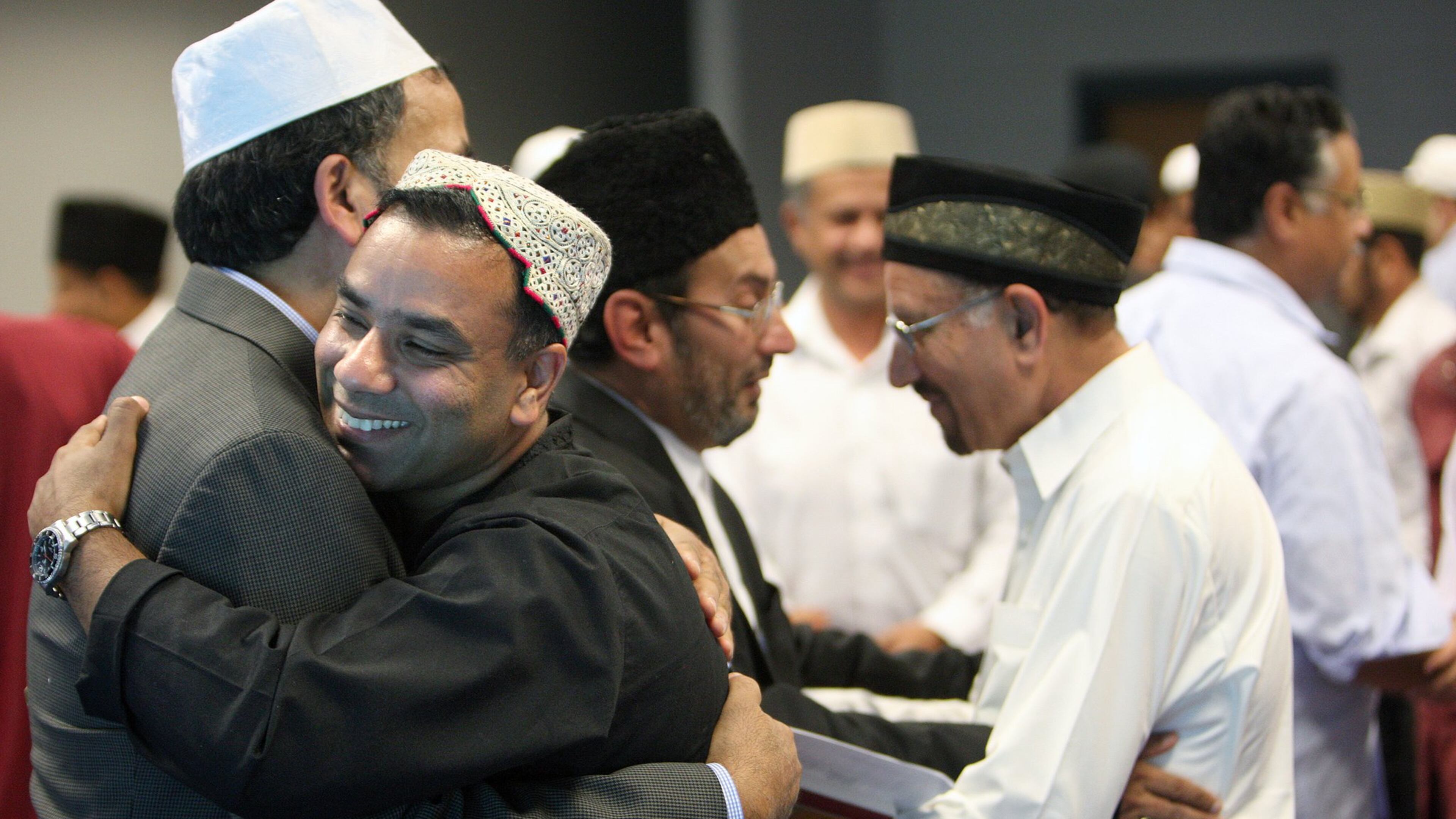School board members say Gwinnett calendars should include Muslim holiday

Gwinnett County Public Schools recently established a calendar for the 2024-2025 and 2025-2026 school years that largely maintains the same structure as prior years.
That drew criticism from Board Chair Tarece Johnson-Morgan and first-year member Adrienne Simmons, who each said they want to see additional cultural and religious holidays. District staff has the responsibility of setting it and choosing key dates such as the first and last day of classes, breaks and days off. That means the board can provide input, but it does not make decisions on the calendar.
Johnson-Morgan and Simmons emphasized leaving out Eid al-Fitr as a major concern. The holiday marks the end of Ramadan, the Muslim holy month of fasting, and can occur in the spring toward the end of the school year.
“Our school system can’t give one day to the Muslim community to celebrate such a sacred holiday and show value and belonging?” Johnson-Morgan said, noting Gwinnett is the largest and one of the most diverse school systems in Georgia. “We say empathy, equity and belonging, but when we make our decisions, they’re not aligned with this.”
A student asked the board to recognize Eid al-Fitr in 2022 and started an online petition that now has more than 12,000 signatures. Johnson-Morgan shared similar criticism when last year’s selected calendar didn’t have additional holidays.
Al Taylor, Gwinnett’s chief of schools, said the district isn’t looking at one day for a religious community — to be fair, it considers multiple religious communities and their important days.
Staff used a community vote to make the final calendar decision, creating four options and asking all students in grades 6 through 12, parents and staff to select their favorite. Two calendars included new district holidays for Diwali, Eid al-Fitr, Good Friday and Rosh Hashanah. To account for those days off, one calendar proposed shortening fall break and the other extended the school year past Memorial Day.
Taylor said the district did a better job of encouraging community input, drawing more than 26,000 responses. The option with the least changes garnered 45% of votes. The two options with religious holidays received 12% and 11% of votes respectively.
Johnson-Morgan said even if a calendar with new holidays didn’t get the most votes, the right thing for the district to do would be to acknowledge them, adding that other major districts have made these changes.
Simmons noted that Eid al-Fitr can happen toward the end of the school year, potentially on a day students take Georgia Milestones tests. While missing school for a religious or cultural holiday is an excused absence, she said students are having to choose between keeping up with classes and celebrating with their communities.
Taylor said the district will “continue to find ways outside the calendar ... to celebrate, create spaces of belonging and spaces of inclusivity” for the district’s diverse community.



